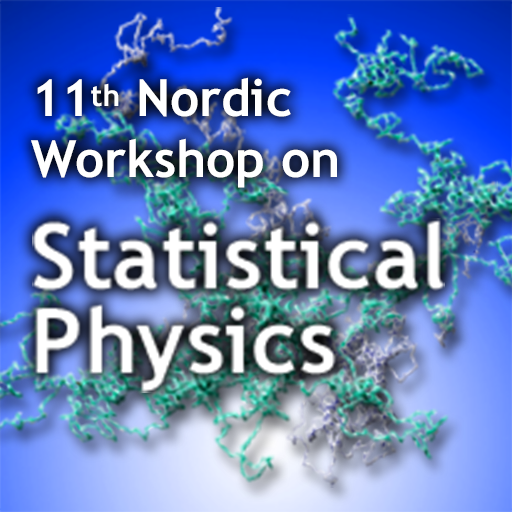Speaker
Description
In the last few decades the density-scaling approach has widened our knowledge of liquids and glasses. Density scaling allows for a drastic reduction of the amount of information required to describe the structure and dynamics of a system in its phase diagram. One of the possible explanations for why density scaling holds is provided by the isomorph theory. In this theoretical framework a key point is the recognition that the physical properties of a system should be expressed in reduced units, i.e., made dimensionless using inverse density as length scale, thermal energy as energy scale and the ratio of l0 and thermal velocity as time scale. A consequence of the use of reduced units is the so-called isomorph filter which allows one to identify whether a given relation between physical properties can be universal or not. In this talk the isomorph theory and the concept of isomorph filter will be introduced in a general way and then the isomorph filter will be tested on two practical cases: describing the viscosity of simple liquids at high densities [1] and a modified version of the Stokes-Einstein relation [2].
References
[1] L. Costigliola, U.R. Pedersen, D.M. Heyes, T. B. Schroder, and J.C. Dyre Communication: Simple liquids' high-density viscosity. J. Chem. Phys. 148, 081101
(2018).
[2] L. Costigliola, D. M. Heyes, T. B. Schroder, and J. C. Dyre Revisiting the Stokes-Einstein relation without a hydrodynamic diameter. J. Chem. Phys. 150, 021101
(2019).

